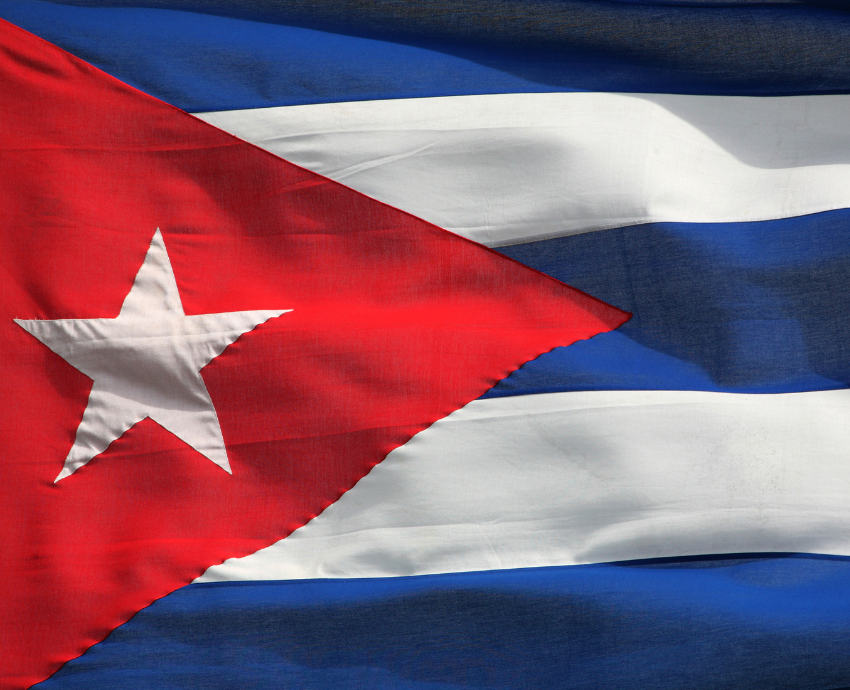
Probably because it doesn’t fit into their narrative of Cuba as a dictatorship, almost no mainstream media covered the recent elections in Cuba, bar Al Jazeera and VOA.
75.92% of registered voters in Cuba participated in the elections on Sunday [March 26]. The average turnout for parliamentary elections in OECD countries is 65%.
People aged 18 to 35 represented 20% of the 470 deputy candidates.
People can vote in favour of all 470 candidates, for just some of them, or for none. The list was compiled in November, and half of it is made up of representatives that people chose directly in municipal elections, while the other half comes from nominations from various sectors and organisations of civil society, such as workers, women, and farmers.
The participation was down from previous years, but the boycott called by critics had little impact.
The deputies serve for five years, and don’t receive a salary.
The new National Assembly members will take office on April 19.
[Reprinted from Excluded Headlines, which provides news overlooked by mainstream Western media.]